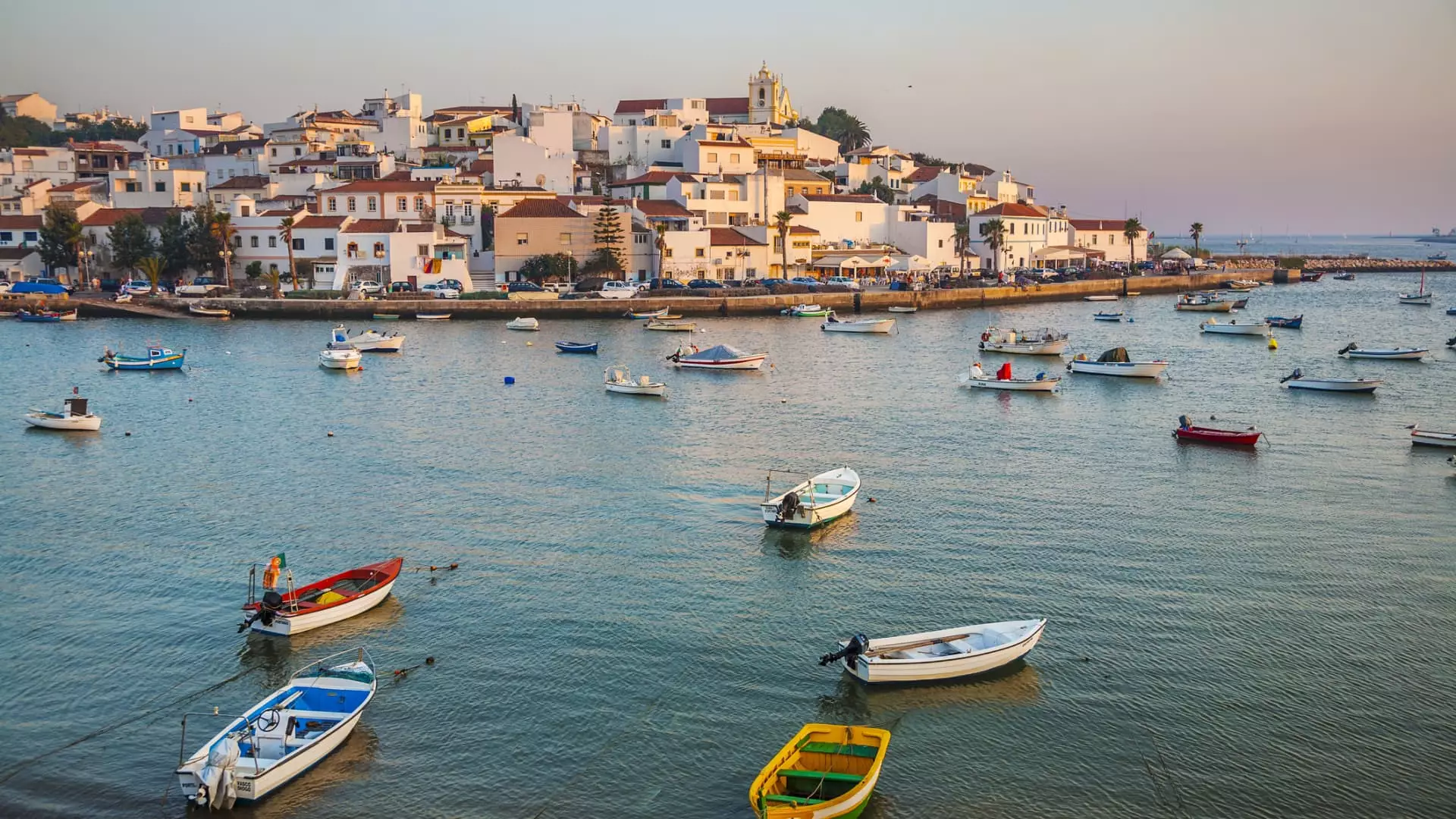As the political climate in the United States grows increasingly volatile, an alarming trend emerges: a significant number of affluent Americans are contemplating or already taking steps to leave the country. Beyond typical election year sentiments, a mix of underlying anxieties—both political and social—are propelling this decision. Reports from immigration attorneys indicate a surge in demand for second passports and long-term residency options abroad, signaling a poignant shift in the mindset of the wealthy elite in America.
Data showcases an unprecedented spike in wealthy individuals seeking to migrate. Organizations that specialize in international migration consulting are reporting their highest demand levels to date. For instance, Henley & Partners, a leading migration advisory firm, reported that 20% of its business now comes from American clients—an unprecedented figure reflecting the growing urgency among wealthy Americans. Notably, the number of clients seeking exit strategies from the U.S. has increased by over 30% compared to the previous year.
Another immigration consultancy, Lesperance and Associates, has observed that queries from Americans regarding potential overseas relocation have roughly tripled. A recent survey conducted by Arton Capital reveals that 53% of high-net-worth individuals in the U.S. are contemplating leaving the country post-election, with younger millionaires—specifically those aged 18 to 29—showing the strongest interest in residency-by-investment programs.
Wealthy Americans’ aspirations to secure residences or citizenship abroad aren’t solely tied to the political landscape. The COVID-19 pandemic marked a pivotal moment of reflection, prompting many to consider life beyond U.S. borders for various reasons—whether it be retiring in a more affordable locale, seeking proximity to family overseas, or diversifying personal and financial risks.
This need to mitigate risks aligns closely with the growing tendency to cultivate “passport portfolios.” Just as investors diversify their financial assets, the ultra-wealthy are increasingly seeing multiple citizenships as a hedge against country-specific vulnerabilities. Concerns about travel to politically unstable regions underline the practical need for non-U.S. passports, which offer peace of mind in uncertain global contexts.
However, the upcoming elections exacerbate existing fears among affluent Americans regarding social unrest and political violence. Uncertainty over the potential outcomes of the election—ranging from the possibility of political extremism to proposed tax reforms targeting the wealthiest citizens—intensifies their resolve to explore options abroad.
As inflation in social tensions skews potentially volatile, affluent individuals express apprehension regarding America’s political future. For some, the notion of living in a deeply divided society is untenable. Prominent objections range from fears of escalating violence to legislative proposals that threaten their financial stability.
Many are particularly concerned about Vice President Kamala Harris’s plans to tax unrealized capital gains for those with wealth exceeding $100 million—a prospect that financial experts argue, while unlikely to pass, is still perceived as a valid risk by those it would impact. The widespread sentiment reflects broader concerns surrounding mass shootings, political unrest, and a rising tide of hate crimes in the U.S.
Turning to Europe as a land of opportunity, wealthy Americans are gravitating towards residency and citizenship options in countries like Portugal, Malta, Greece, and Spain. The long-standing fascination that affluent Americans have had with European nations—underscored by investments in real estate and local economies—has been re-energized in light of current events.
However, shifts in immigration policies have begun to reshape the landscape. Countries are increasingly scrutinizing ‘golden visa’ programs, which facilitate residency based on investment. Notably, Portugal has heightened its investment minimums amid rising tensions around foreign property purchases, a situation impacting local housing markets.
Italy recently revised its taxation approaches for wealthy expatriates, upping its flat tax on overseas income for individuals transferring their residency. Despite these challenges, Malta’s established investment citizenship program continues to attract American clients, offering the entailment of EU access for substantial investments.
The Caribbean is also experiencing a revival in interest, as nations like Antigua and Barbuda present a more accessible avenue for obtaining second passports without exorbitant costs. Additionally, lineage citizenship continues to serve as a viable option for many Americans with ancestral ties abroad, making it a competitive alternative to pricier immigration routes.
Currently, the immigration landscape for wealthy Americans is rapidly evolving. With an increasing number of applications, lengthy bureaucratic processes have become the norm, often extending waits for residency or citizenship. As affluent individuals strategize their “Plan B,” the confluence of political unease and socioeconomic changes ensures that this trend is unlikely to wane anytime soon. Thus, the ongoing wave of migration among the wealthy not only reflects immediate concerns but may also signify a larger shift in how affluence is understood and preserved in a global context.


Leave a Reply